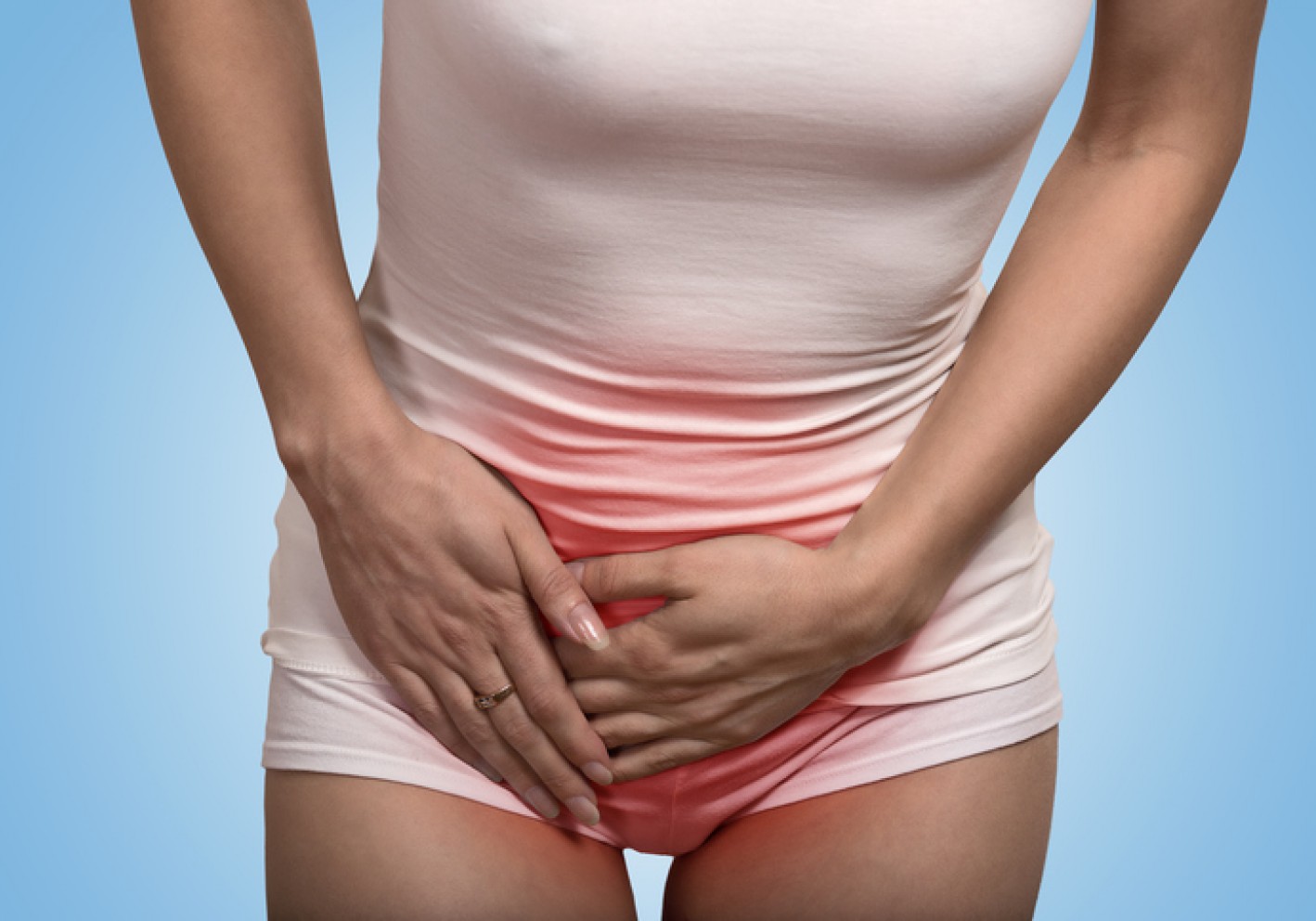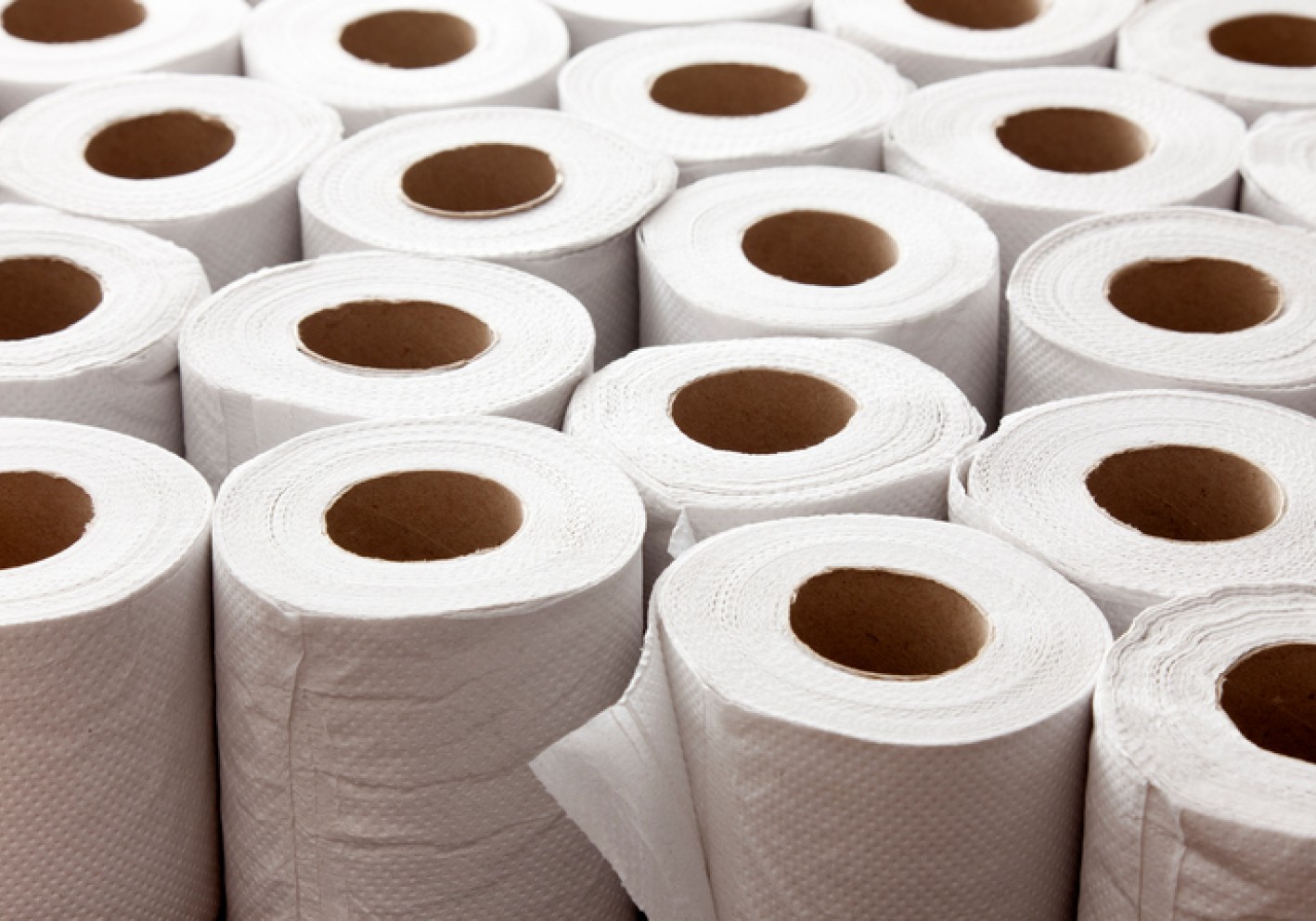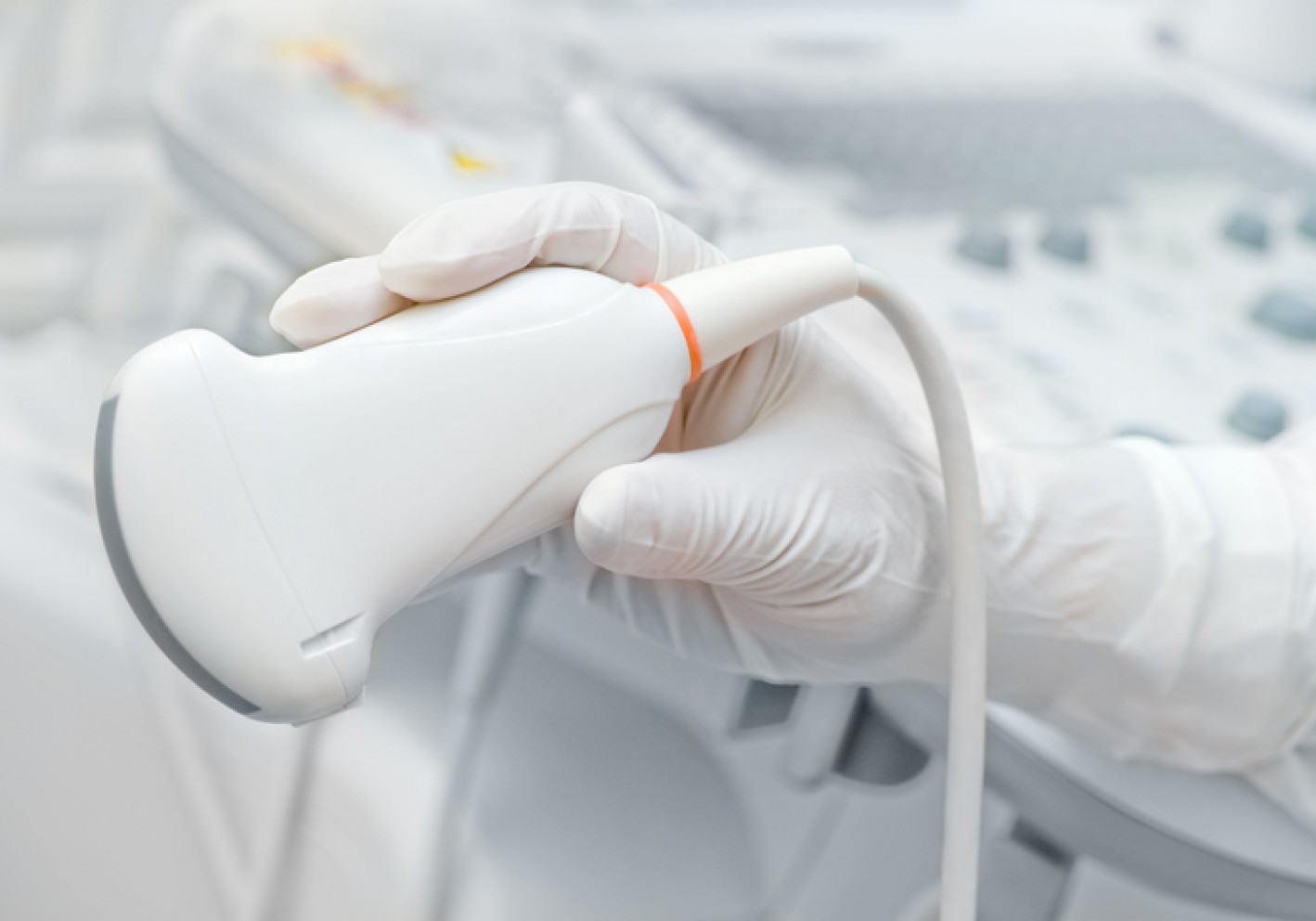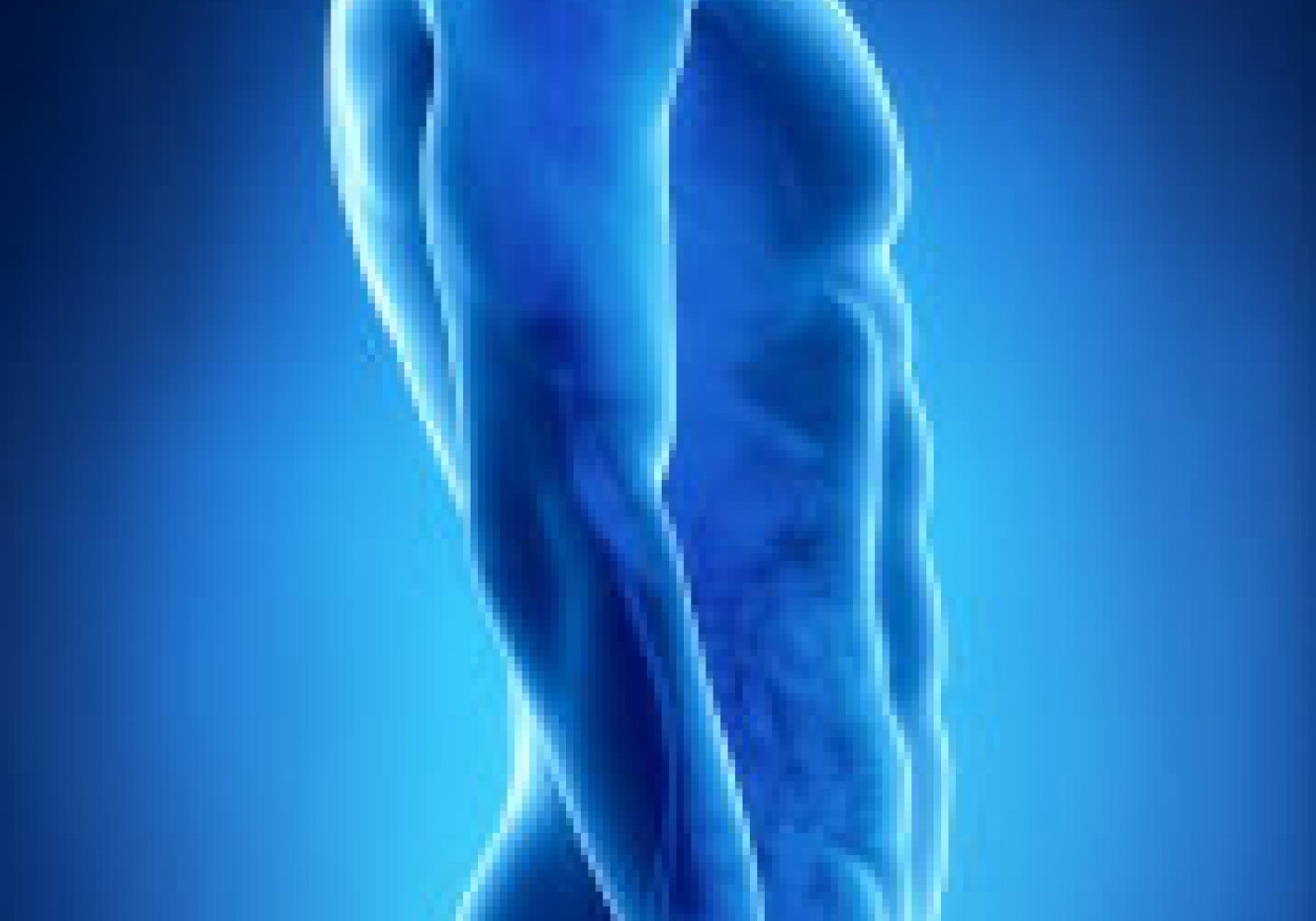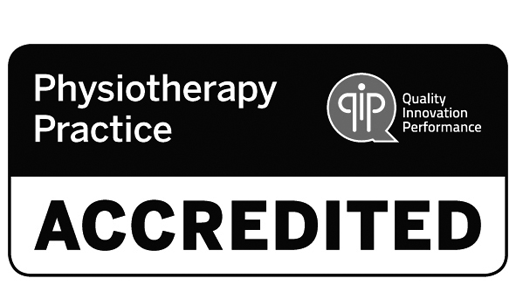10 Tips For Managing IC / PBS From Professor Curtis Nickel
Interstitial cystitis / painful bladder syndrome (IC/PBS) is a complex condition, and often difficult to treat. Professor Curtis Nickel, urologist and pelvic pain guru from Canada, was a key note speaker at the recent USANZ conference, and shared ‘10 Tips For Managing IC/PBS’. His overwhelming message, loud and clear, was that IC/PBS is a multi-factorial condition, and a multidisciplinary...
Exciting New Resource For Nocturia Management
Dr Wendy Bower, physiotherapist and researcher at Royal Melbourne Hospital, is leading a research team in Australia, Europe and Asia, investigating nocturia, its multifactorial aetiology, and how to most effectively treat it. They have developed a new screening tool TANGO, which aids the user in targeting the aetiology of nocturia and guiding individualised treatment.
Better Bowels With Rectal Balloon Biofeedback
Rectal balloon therapy is emerging as an exciting biofeedback tool to effectively treat a variety of benign anorectal disorders. Wald and co-authors recently published the American College of Gastroenterology Clinical Guideline: Management of Benign Anorectal Disorders1, and strongly recommended the use of biofeedback with rectal balloon therapy for treatment of defecatory disorders, chronic...
Transperineal Ultrasound (TPUS): An Exciting New Technology
Real time 2D transperineal ultrasound imaging is emerging as an exciting new technique for both pelvic floor muscle assessment and training. Far superior to the transabdominal approach, it’s a valuable tool to use with patients before or after radical prostatectomy, prolapse, pelvic pain, obstructed defecation, or voiding dysfunction.
Understanding Urgency And Centralisation In OAB
There is an emerging body of research that supports the role of centralisation in patients with overactive bladder (OAB). Urgency is no longer considered a direct representation of detrusor overactivity, rather it’s a multidimensional sensory experience. This knowledge enables reconceptualisation of current first-line conservative treatments for OAB, with the potential to improve their efficacy.
PPI – The Benefits Of Prehab Pelvic Floor Training
Urinary incontinence is a common problem after surgery for prostate cancer and it has a huge impact on quality of life. Over 15 years ago, when we started seeing men post-operatively, there was minimal research and understanding of the contribution of the pelvic floor to the male continence mechanism. Since then we have learnt so much about how to optimise recovery of post-prostatectomy...



